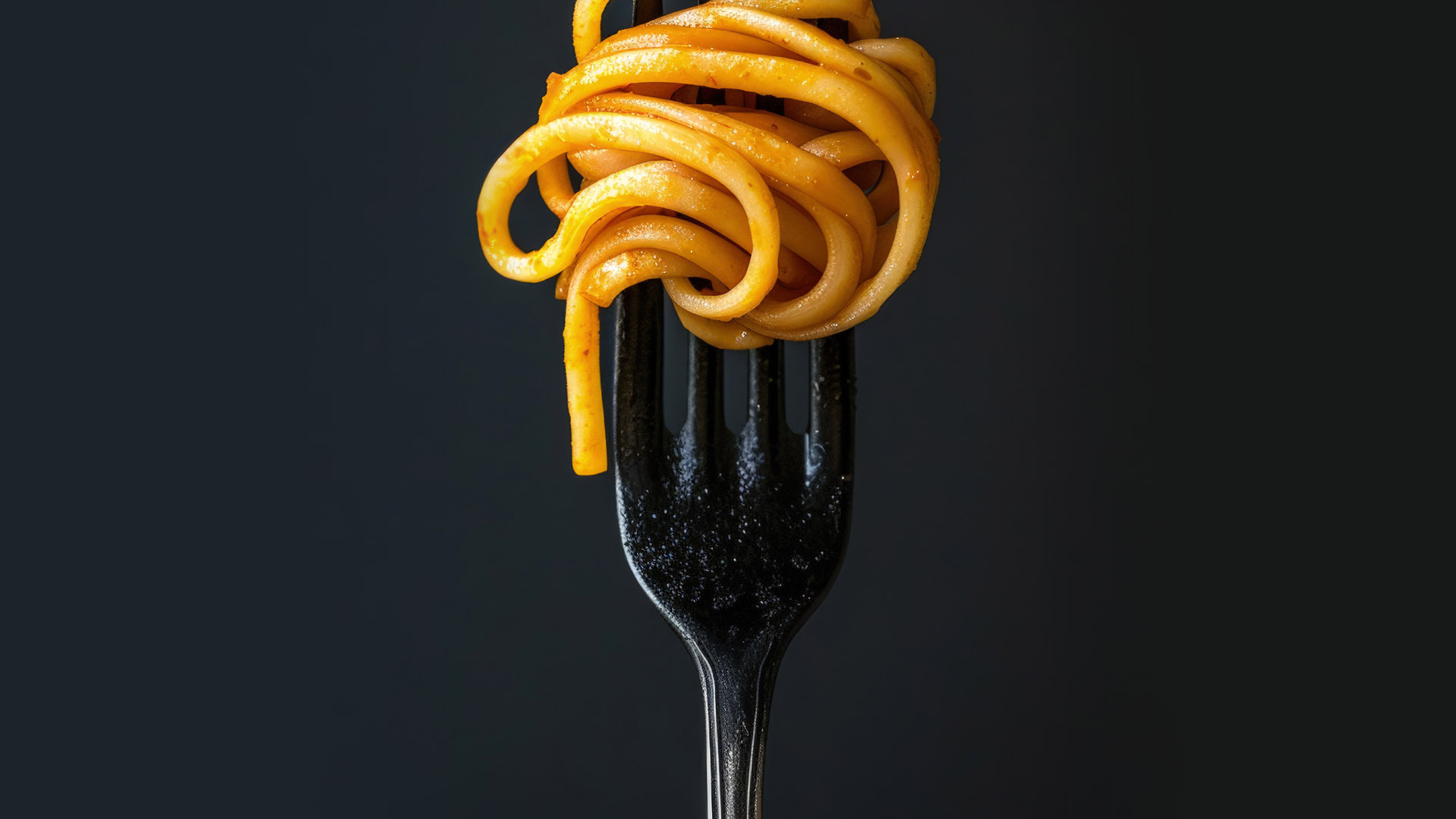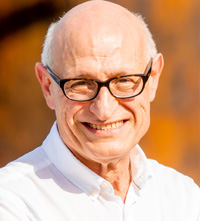
The Human Craving for Food

The Malta Tourism Observatory: Managing the future of the Maltese Tourism and Hospitality Industry
July 2, 2024
Keeping Things Contained: Creating a Circular Economy
July 2, 2024Throughout history food has played a pivotal role in the way mankind evolved, moved around and found a base to claim ownership and husbandry of the land.
Throughout history food has played a pivotal role in the way mankind evolved, moved around and found a base to claim ownership and husbandry of the land. In today’s world, food, especially with the scarcity of produce and the ever-growing demands of a burgeoning population, has created and will create more discussion than solutions.
This glorious thing called food is a determining factor in our journey as humans. As Sonya Sammut, Ambassador for Organic and Sustainable Food and Food Systems Director, pointedly says: “It was the very same agricultural revolution that started some 10,000 years ago and that brought us food on the table that drove the incredible explosion in populations around the world. Historians might argue whether this was a blessing or a curse to mankind, and whether, for example, it was man who domesticated wheat, previously a scattered weed, or wheat that domesticated humans, forcing them to live in a house (domus) to work all day rather than move from one fertile soil to another.”
Discussion about food, not how it is prepared or presented, but about what is good for us humans, what creates problems in the short and long term for our health and the wellbeing of our planet, will never end. What seems definite, at least in what the food experts and Chefs I spoke to think, is that more should be done in education, in changing old mindsets, and in a generational renewal of who works our fields, rears animals and gathers fish from our seas.
How we live, how we eat and how we will cope with demand might change the course of history. But beyond that we are already going through a number of changes which even in a local dimension need to be assessed, and action taken.
Produce needed for households and for catering establishments has to come from somewhere. The demand on that produce is growing yet the supply is diminishing. What’s even worse is that land previously used for agriculture is turned into urban centres and people who worked in fields and on the seas are lured away from those areas of work.
How can such changes in our society and in our new realities be reversed? Sonya Sammut, who is heavily involved in the formulation of policies central to these new realities, says that one of the main things that has to happen is to make farming and fishing attractive enough for new and young entrants.
As with all situations, there are many factors to consider. Sammut, however, believes that the most important words in all this are: “generational renewal. We import around 70% of our food supply, and that is understandable, because we have one of the highest population densities in Europe, and even if we were to intensify local production by using agricultural land that at present is under forage cultivation, we would still need to guarantee a reliable and regular supply of freshwater for irrigation.”
According to Sammut local production of our food supplies “is important and must be sustained, for strategic, social, and cultural reasons. To do this, we need to invest in the viability of our farming and fishing industries, not only by providing adequate access to resources–land, property, and infrastructure, finance, markets, and knowledge, but more importantly, by making these sectors viable. Generational renewal is the only way forward for Malta to continue to produce its local food.”
Sustainability, this much abused, clichéd, and forsaken word, is a useless pipedream unless real change in attitudes is undertaken. Malcolm Borg, who is in charge of the MCAST Centre for Agriculture, Aquatics & Animal Sciences, says: “We need to connect better with the land and the farmers.” He goes on that, “ideally we should grow more food and eat more variedly. We need to eat according to what the land and sea provide, not plan menus and then try to find ingredients. We need to have consumers and restaurateurs working together to contract farmers to grow produce for them, as this will be beneficial for all parties.”
Borg believes that “ideally we should do away with ridiculous demands of having the same size, colour, shape of produce, and just appreciate and value what the land gives us. We need to do away with the objective in catering service providers and households alike to buy the cheapest food possible. If we want social, environmental and quality standards, we have to pay for food. Food was not meant to be cheap.”
Sustainability comes at a cost. But ideally, again according to the experts in the field, the process should be long-term and tied to education in schools and campaigns for people of all ages. Michael Diacono, Chef and Owner of Giuseppi’s and Rubino restaurants, says: “I strongly believe that the time has come to introduce educational programmes in schools, where our children are taught all about food, where it comes from, the problems facing food producers and the problems created by agriculture. They should learn all about mindful eating, and the repercussions of our choices when choosing to eat one item over another."

Victor Borg, Under Grain Executive Chef, concurs with the educational aspect and addresses the problems of supply and demand by looking at it long-term, and that involves all those in the food chain. Borg says: “Finding top quality produce consistently will always be a problem, especially in a small island like Malta. The way forward is to help our local farmers, but it has to be holistic and start from an early age at schools. Teach our children about produce, seasonality, that we need to change the way we treat and look at food. Like this we can start thinking of moving forward but we need to create a culture that appreciates and knows how to eat properly. It’s useless helping the farmers to produce an amazing product if the consumers do not have the knowledge to appreciate the food supplied.”
Seasonality plays a big part in finding the right balance between local and imported. Michael Diacono, in fact, says, “the menus at my restaurants are updated daily, giving me the luxury to use any produce on the market at the moment. Zero air or sea miles, the freshest products and normal ingredients which cost less than imports.”
Pushing a more plant-based diet is not seen as the ideal solution, but more should be done and encouraged to decrease our blind and total dependency on meat. “After all,” Sonya Sammut says, “the debate over whether we evolved to be meat- or plant-eaters has evidence on both sides of the fence, and it is likely that we have adaptations for both. As always, moderation is key. We do not need to eat kilos of meat 3 times a week.”
Michael Diacono agrees: “My children have grown up accustomed to a varied diet which includes vegetables, legumes, fish, fruit, nuts and meat. For them it has become an unquestioned way of life. Get them early and they learn.”
We humans have adapted, and adopted, all sorts of different habits throughout history. With the right kind of will, and the participation of all those involved in our approach to food, even seemingly impossible changes in lifestyles can happen.
Malcolm Borg says that our emphasis on meat does not have to be changed to the extreme of making it seemingly a taboo component of our diet. Borg goes on: “We need to grow meat sustainably, possibly eating less of it, be ready to pay more and eat various animal species and cuts. The problem is the current model, not the production of meat per se. Part of the supply chain crisis is due to a race to provide cheap food using industrialised ways. Meat can be grown sustainably and all cuts, including offal, can be used. If we continue to desire cheap ribeyes and fillets, this will create problems. Same thing applies for fish: wanting to eat the same fish that we consider 'high quality' will create problems. If we diversify the fish we eat, learn to eat fish we don't usually consume, and remove the stigma we have with farmed fish (which can reduce the pressure on wild stocks), then the situation will improve drastically.”
Sonya Sammut agrees that some measure of better sustainability can be achieved even in fishing. “While we need to increase the local consumption of fish as it is a healthier component of our diet, this has to be supplied in a sustainable manner,” reaffirms Sammut. “The emerging policies and regulations at EU and international level are emphasising the need for sustainability. Limits imposed on fishing by type of species, fishing methods, quotas, as well as various conservation measures such as temporary bans to allow for the regeneration of populations of certain species, signal the need to create the conditions for the industry to become more sustainable and viable in the longer term,” says Sammut.
Malcolm Borg believes that we can break a lot of moulds but we need to work hard at it and change, if possible, our country’s ways. “Ideally,” he says, “we should stop developing arable land and make sure that all arable land is used for productive, and not recreational, purposes. We need to use innovative approaches to grow more with less resources and we should consider growing in urban spaces as well. We need to find alternative animal feed (by-products such as insects, algae and more) to reduce dependency on land.” Nothing is easy. Nothing is straightforward. But we have to plan, and plan with a vision: this is what seems to be needed and implemented nationwide. We all love our food but shouldn’t we do everything in our power to make sure that for generations to come food is still available?

Victor Calleja
Victor Calleja is a writer and columnist for Malta’s leading newspaper. For a number of years he edited Insider, a gastronomy and hospitality magazine. He also edited Archetype, centred around urban living. Victor loves anything connected to words, food, travel, and storytelling.
vc@victorcalleja.com
Click here to see Horeca Issue 16 online



